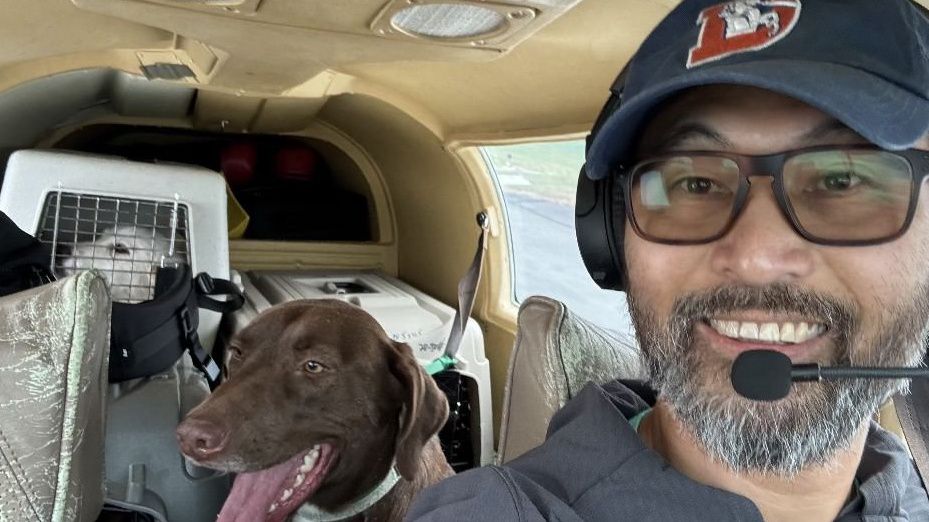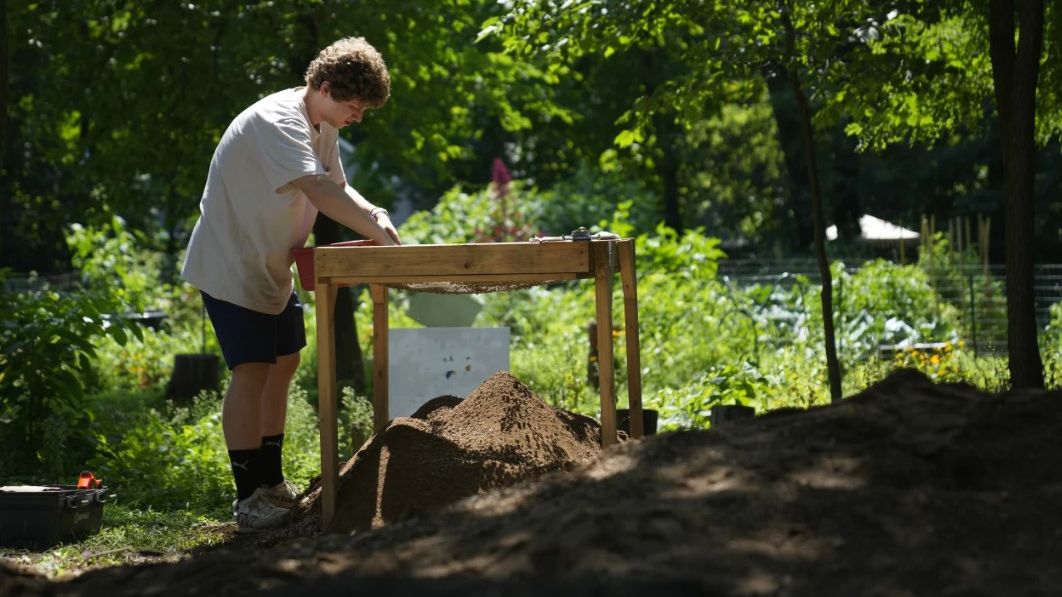Some young people grow up dreaming of one day becoming a ballerina in an industry that requires dedication and discipline. One Black ballet dancer in upstate New York is using her own experiences in a competitive field to champion a mission of inclusivity at every level.
Pointe shoes help give Kayla Fields a voice. The 25-year-old has been dancing for about 20 years, and she says being on stage is the best feeling in the world.
“Dance was my way of getting my feelings across without having to speak on stage and in front of people,” Fields said. “It’s just my outlet, and it’s what makes me happy, and gets my story across, and gets my feelings across.”
What You Need To Know
- Kayla Fields, 25, has been a part of dance studios in New York City and Boston, and has faced racism in her career
- She recently opened a dance studio, Turning Pointe Dance Studio, to uplift and inspire other young dancers, no matter their race, background or shape
- Black dancers make up just approximately 4% of all U.S. ballet dancers, according to career planning site Zippia
The journey to get to this point wasn’t always easy. Fields, who’s been a part of dance studios in New York City and Boston, says she’s experienced racism in her career.
Ballet is a predominantly white industry. Black dancers are severely under-represented, making up about 4% of all ballet dancers in the U.S., according to the career planning site Zippia.com.
“I was definitely most often the only Black dancer in a room full of white dancers. But I had the most supportive teachers,” Fields said. “And when I moved on and went and danced in Boston, that’s when I experienced the most racism, and we overcame it, we went to therapy, and you know, my family is super supportive.”
Through that support, Fields continues to chase her dreams. She recently opened a dance studio, Turning Pointe Dance Studio, in Fishkill to uplift and inspire other young dancers, no matter their race, background or shape, starting with her 13-year-old twin brothers.
“I just want to help dancers, no matter the color here, get all equal opportunities, because that’s what dance is about. It’s not a color thing; it’s not a body image thing; it’s if you want to do it, then you can do it,” Fields said.
Her goal is to make dance inclusive for everyone and to support her dancers through the ups and downs of life in a field which she says can often be toxic or negative, especially during competition season.
“Life is stressful, school is stressful, so I tell my kids at least once a month, ‘if you are having a bad day [or] you need a mental health day, come in my office, talk to me; if you don’t want to talk to me, talk to someone you trust, and just take a day off,’ ” Fields said.
Vanessa Piciacchio, a 17-year-old dancer and assistant at Turning Pointe, says she’s grateful for a studio that’s a safe space for her and others to express themselves.
“You can really just go out, whether it’s in class or on the stage, you can just go out there, and put all of your emotions out, and really feel the music, connect to it, and make it your own thing,” Piciacchio said. “Tell your own story through your movements.”
Fields’ dancers compete in competitions across the Northeast. She says she doesn’t care if her dancers win or lose. For her, it’s more about giving them an opportunity to perform in front of others to build up their confidence.








